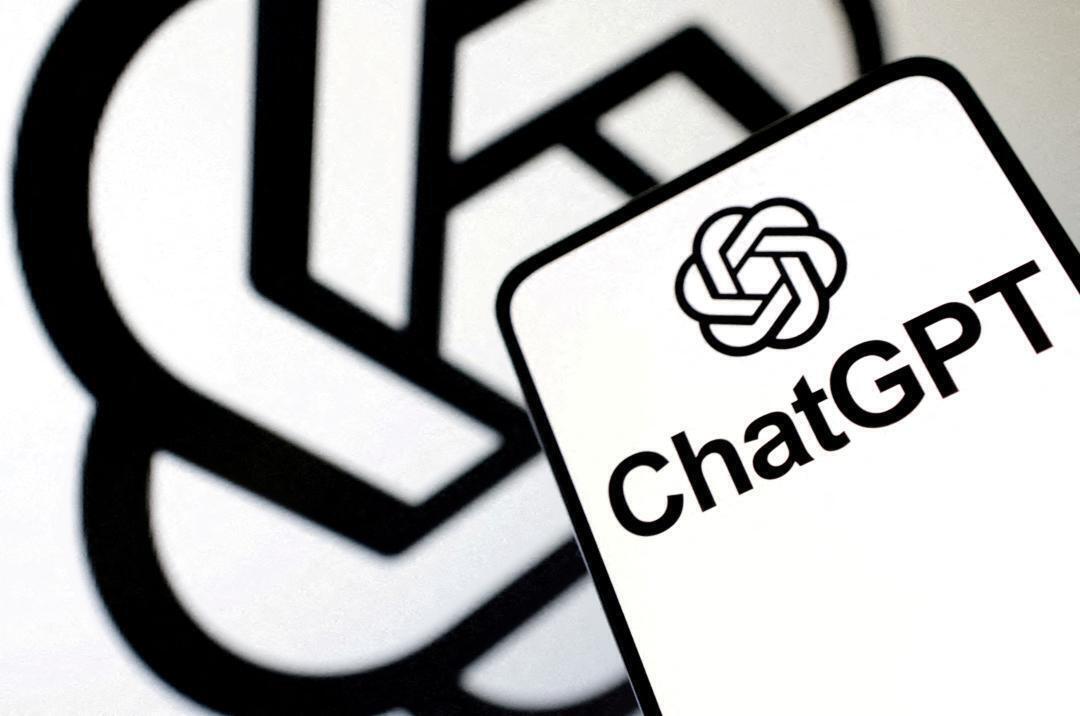
Title: I Gave ChatGPT Salary Details & It Fixed My Finances, Says Man
In today’s digital age, technology has made our lives easier in numerous ways. From booking appointments to ordering groceries online, we rely heavily on technology to get things done. Recently, a US-based author and entrepreneur Adrian Brambila shared his incredible experience with ChatGPT, a conversational AI model developed by Meta AI. Brambila, who is known for his entrepreneurial ventures and books on productivity, explained how ChatGPT helped him sort out his finances with ease.
According to Brambila, he provided ChatGPT with his salary details, and the AI model created a zero-based budget adhering to the 50/30/20 rule. The 50/30/20 rule is a simple yet effective way to allocate one’s income. The rule suggests that 50% of one’s income should go towards necessary expenses like rent, utilities, and groceries; 30% towards discretionary spending such as entertainment, hobbies, and travel; and 20% towards saving and debt repayment.
Brambila was impressed with the results, stating that ChatGPT created a budget that felt effortless and stress-free. He mentioned that he didn’t need to use spreadsheets, budgeting apps, or even hire a financial advisor to sort out his finances. All he needed was to provide ChatGPT with his salary details and answer a few simple questions.
“I gave ChatGPT my salary, and it fixed my finances. No spreadsheets. No budgeting apps. No $400 financial advisor. Just 7 prompts—and total clarity over my money,” Brambila exclaimed.
So, what exactly is the 50/30/20 rule, and why did it work so well for Brambila? The 50/30/20 rule is a simple framework for allocating one’s income. The idea is to divide one’s income into three categories: necessary expenses, discretionary spending, and saving and debt repayment.
The 50% necessary expenses category includes essential expenses such as:
- Rent or mortgage
- Utilities (electricity, water, gas, internet)
- Groceries
- Transportation (car loan or insurance, public transportation)
- Minimum payments on debts (credit cards, loans)
The 30% discretionary spending category includes expenses that are not essential but still important for one’s quality of life, such as:
- Entertainment (dining out, movies, concerts)
- Hobbies (gym membership, painting classes)
- Travel
- Personal pampering (spa treatments, haircuts)
The 20% saving and debt repayment category includes expenses that are crucial for one’s long-term financial stability, such as:
- Saving for emergencies
- Paying off high-interest debts (credit cards, personal loans)
- Retirement savings
- Other long-term savings goals (college fund, down payment on a house)
The 50/30/20 rule is not a one-size-fits-all solution, and individuals may need to adjust the proportions based on their unique financial situations. However, as Brambila’s experience shows, the rule can be a useful framework for creating a budget that is both realistic and achievable.
ChatGPT’s ability to create a budget using the 50/30/20 rule is a testament to its capabilities as a conversational AI model. The model uses natural language processing (NLP) and machine learning algorithms to understand and respond to user input. By providing ChatGPT with his salary details and answering a few questions, Brambila was able to get a clear picture of his financial situation and create a budget that worked for him.
In conclusion, Adrian Brambila’s experience with ChatGPT is a compelling example of how technology can make a significant impact on our lives. By providing ChatGPT with his salary details and using the 50/30/20 rule, Brambila was able to create a budget that felt effortless and stress-free. As more people turn to AI-powered budgeting tools, it’s likely that we’ll see even more innovative solutions to our financial management needs.






